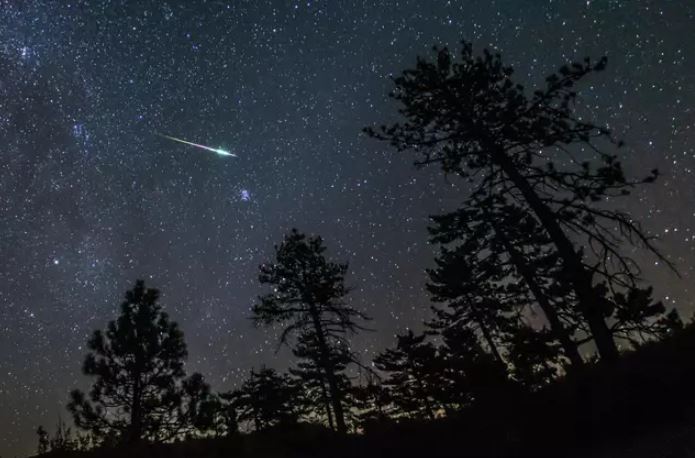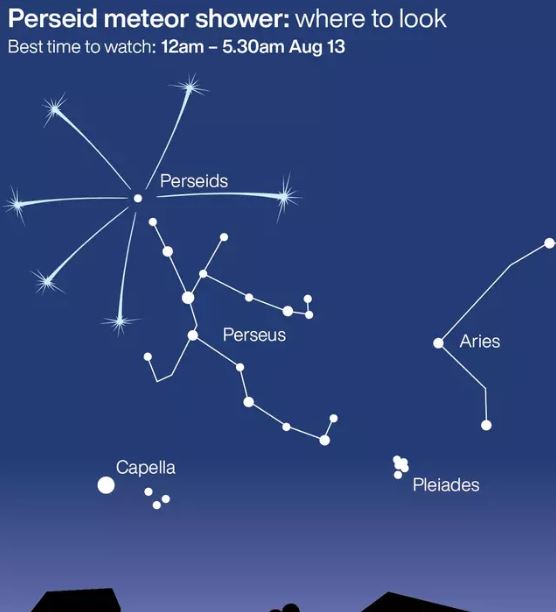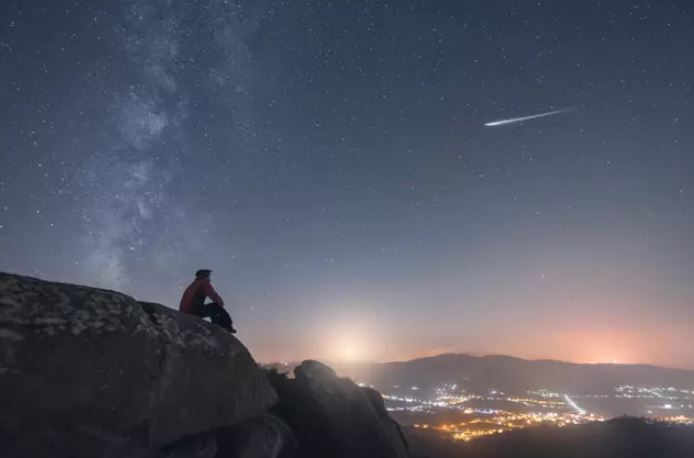Tonight, the UK sky is poised to illuminate with the brilliance of up to 100 shooting stars per hour as one of the most dramatic displays of the year reaches its climax.
The peak of the Perseid meteor shower, renowned for its captivating display, is expected to grace the heavens. This phenomenon, named after the constellation Perseus from which the meteors are thought to originate, is active from August 11 to August 24 this year.

Renowned as a standout event on the stargazing calendar, the Perseid meteor shower is celebrated for its abundant hourly rate and dazzling meteors. These luminous streaks are created by the impact of Earth with remnants left behind by the comet 109P/Swift-Tuttle.
In the year 2023, this meteor shower will reach its zenith between August 12 and 13. Thus, tonight presents the optimal opportunity to witness its peak performance, with the sky aglow as up to 100 shooting stars per hour grace the celestial expanse.

As advised by the Royal Museums Greenwich (RMG), the optimal moment to observe the Perseids, or any celestial phenomenon, is during the peak darkness of the sky when the object is positioned at its highest point.
Typically, for meteor showers, this time frame falls between midnight and the early hours of dawn. The RMG suggests that the prime timeframe for catching the Perseids is from 12:00 AM to 5:30 AM.
When it comes to observing this phenomenon, you can theoretically watch the meteor shower from any location. However, several factors can enhance your chances of witnessing the meteors.

RMG said: “Plan ahead and check the weather forecast. If it is likely to be inclement, find a different location or go out on a different day. The days leading up to the peak are usually better than the days after.
“Reduce the amount of light pollution in your field of view. This could mean heading out to the countryside, a nearby park, or even doing something as simple as turning your back to street lamps if you are not able to go anywhere.
“Give your eyes at least 15 minutes to adjust to the dark so that you can catch more of the fainter meteors – this does mean that you should not look at your phone!
“Meteors can appear in any part of the sky so the more sky you can see the better. Find an area with a clear view of the horizon and away from trees and buildings.”






